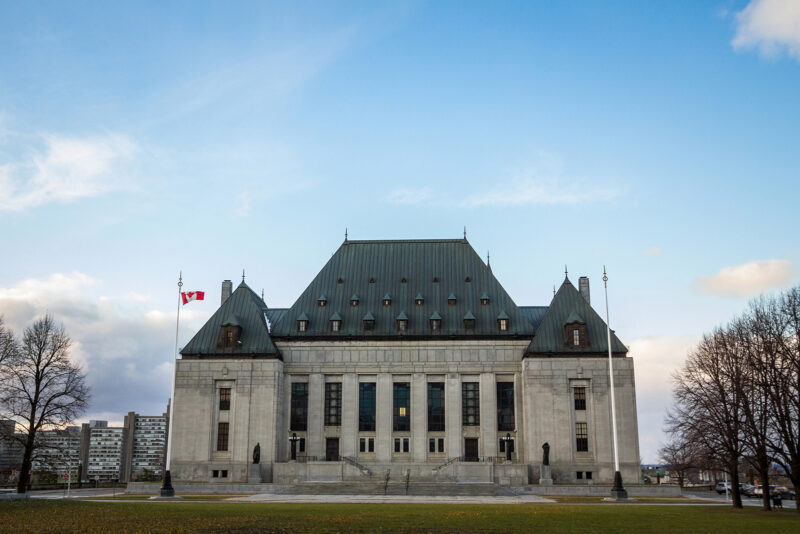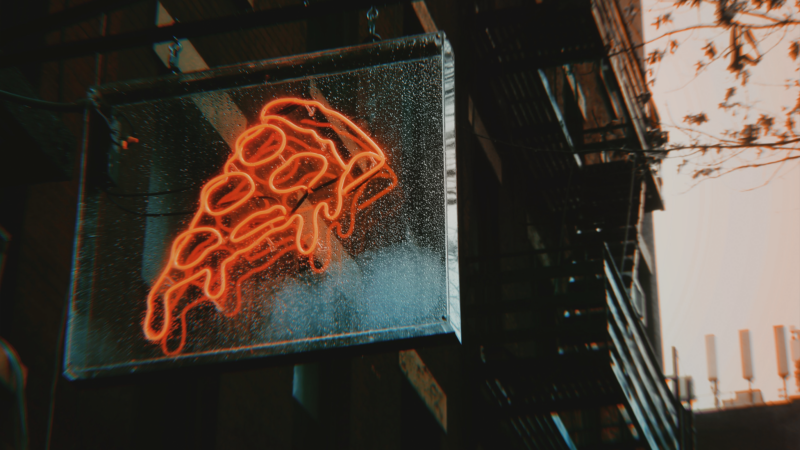On August 18, 2022, PMPRB announced its Decision resulting from the consultation on the PMPRB Price Review Approach During the Interim Period following publication of Amendments to the Patented Medicines Regulations – Canada.ca
Continue readingPMPRB Interim Guidance Updated





